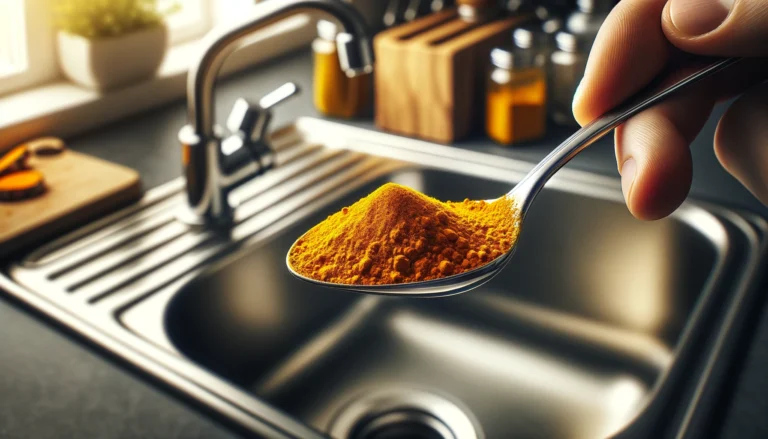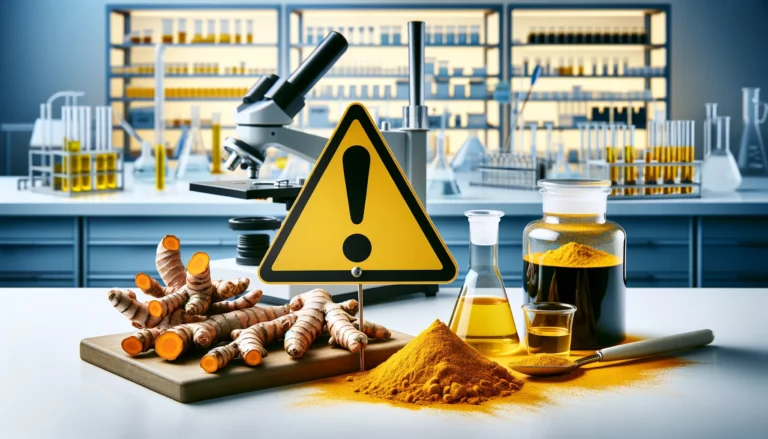Why Turmeric Needs Black Pepper
Turmeric benefits from the addition of black pepper due to the presence of piperine in the latter. Piperine enhances the bioavailability of curcumin, the active compound in turmeric, by inhibiting certain enzymes that metabolize it in the digestive system. This co-ingestion allows for better absorption of curcumin, maximizing its therapeutic potential and contributing to the…











